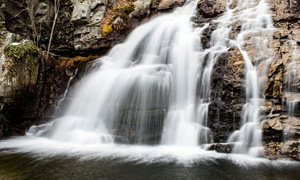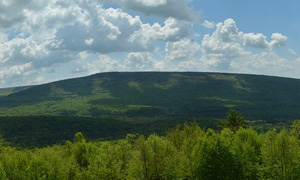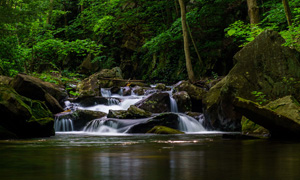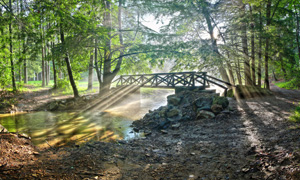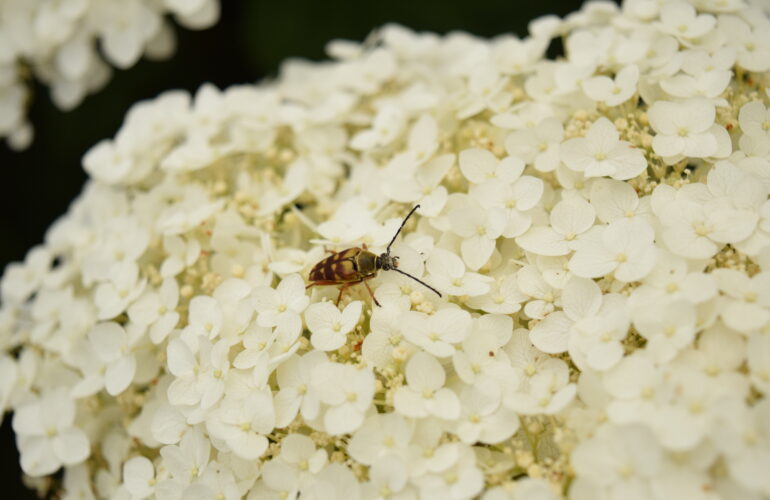
For the past 15 years, people have come together to celebrate National Pollinator Week, an initiative led by Pollinator Partnership and officially approved by the U.S. Senate. In 2023, from June 19 to June 25, individuals from all over the world will pledge their support for the health and well-being of pollinators. Events aimed at educating people about the importance of pollinators will be held locally, including in-person gatherings, webinars, and garden planting activities.

What is a pollinator?
A pollinator is an animal that aids in pollination by carrying pollen from flower to flower. Pollinators are attracted to flowers because of their nectar, a sugary, carbohydrate-rich liquid, and pollen, a nutritious source of protein, fat, and micronutrients. You might be surprised to know that there are many different types of pollinators! The five primary pollinators in Pennsylvania are bees, flies, butterflies and moths, beetles, and hummingbirds. In other parts of the world, pollinators include bats, lemurs, sunbirds, and lizards!
Bees are the most efficient pollinators with hairy bodies and electrostatic charge. There are around 437 different species of bees in Pennsylvania alone!

Why are pollinators important?
Did you know that animal pollinators are crucial in fertilizing plants, leading to fruit and seed production? From a human perspective, many of our favorite foods rely on insect pollinators. One in every three bites of food is insect-pollinated, including raspberries, oranges, peaches, bananas, squash, avocados, blueberries, grapes, and chocolate! Without insect pollinators, our diet would lack flavor, nutrition, and color.
From an ecological perspective, large and small communities rely on the plants that pollinators support. For example, the wild animals that live at Shaver’s Creek Environmental Center depend on these plants for their survival. Next time you’re outside, count how many animals you can find on a flowering plant — you might be surprised by the number!

Celebrate through action!
National Pollinator Week is an excellent opportunity to take action and make a difference! As people interact with the natural world, pollinators face increasing threats to their survival. Together we can ensure that pollinators thrive for generations to come.
Plant pollinator-friendly plants in your outdoor spaces, whether in your backyard, workplace, or school. It’s important to note that not all flowers are created equal in nutrition for pollinators, so the more variety you can include, the better. The Center for Pollinator Research at Penn State’s website is a great resource for learning which flowers are particularly favored by bees, flies, and hummingbirds.
Share your excitement for pollinators with your friends and family. Despite common misconceptions, bees are pretty gentle and rarely sting. By sharing our enthusiasm for these essential creatures, we can help others overcome their fear and appreciate their vital role in our ecosystem.
Learn about pollinators at Pollination Celebration! Penn State research labs, Master Gardeners, and local environmental organizations will offer fun and educational activities at this free, family-friendly event on Saturday, June 24, 2023 from 10:00 a.m. to 2:00 p.m. at The Arboretum at Penn State. Observe insects and pollen under the microscope, engage in pollinator-themed art projects, learn about cutting-edge research at Penn State, and sing along at a performance of Pollinators! The Musical.
You can check out local events, such as the Pollination Celebration on Saturday, June 24, 2023 from 10:00 a.m. to 2:00 p.m. at The Arboretum at Penn State, to learn more about these fascinating creatures and how to support their survival.
Written by Heather Frantz, Education Program Specialist, Department of Entomology, Pennsylvania State University

